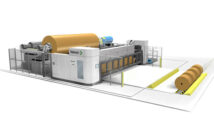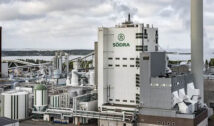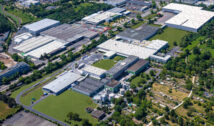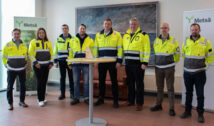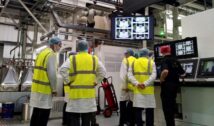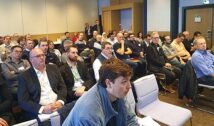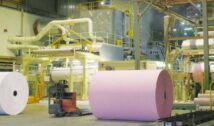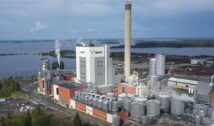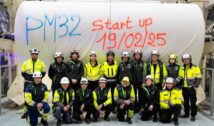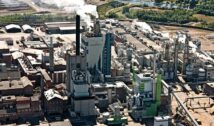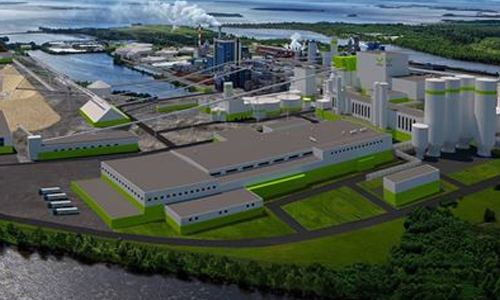
Metsä Fibre, part of Metsä Group, and Neles have signed a preliminary agreement of valve solutions for the bioproduct mill in Kemi, Finland. According to the preliminary agreement, Neles would deliver technically and economically optimal valve solutions to the new mill. The agreement also includes comprehensive maintenance and spare part services. The delivery’s degree of Finnish origin would be high, around 70%. The entire bioproduct mill project’s degree of Finnish origin is also expected to be high, in the Äänekoski bioproduct mill project it was 70%.
“We’ve set high environmental, material and energy efficiency targets for the Kemi bioproduct mill. We therefore also expect our partners to deliver both the technologically most reliable solutions and know well our production requirements. Neles has strong experience in delivering valve solutions to the forest industry, as well as a comprehensive, industry proven product portfolio,” says Jari-Pekka Johansson, Project Director, bioproduct mill project, Metsä Fibre.
Metsä Fibre and Neles have a long history of cooperation. For example in 2015, Neles supplied valve solutions to the Äänekoski bioproduct mill.
“It’s important to us that original spare parts, as well as maintenance and expert services, are easily and timely available to us. Readiness for proactive maintenance and the highest possible degree of Finnish content in deliveries are also emphasized in the choice of solutions,” Johansson continues.
Neles will supply the new mill with Neles® ball valves, segment and butterfly valves for on-off and control applications. The control valves are equipped with Neles® ND9000 series valve controllers, which have the capability of advanced performance follow-up and enable predictive maintenance planning activities. The optimal solutions will be selected in cooperation with Metsä Fibre.
“Selecting optimal valves and actuators specifically for the requirements of each process can contribute to the operational reliability of production, a reduction in water consumption, energy efficiency, and minimized emissions. For more than 60 years, Neles has been developing reliable flow control solutions and expertise for serving the paper and pulp industry. By utilizing our cumulated experience also from other industries, we can offer our customers with the leading flow control expertise for the bioproduct applications. We are very proud of the opportunity to participate again in building sustainable bioproduction with Metsä Fibre,” notes Timo Hänninen, Head of Valve Equipment business line at Neles.
The Kemi bioproduct mill project of is progressing as planned. In addition to equipment purchasing, the project is at the moment focused on environmental permit process, the financing negotiations and the logistics required by the new mill. The decision of the EUR 1.5 billion investment in the bioproduct mill will be made at this autumn of 2020 at the earliest, after the environmental permit process has been completed and other prerequisites have been met. The project engineering started at the beginning of August 2020. This means the detailed planning of the mill’s technology, construction, installations and commissioning, as well as preparation for the construction phase. The work is be carried out in cooperation with the four main implementation partners: Valmet, ABB, AFRY and Fimpec. More than 400 people have been working in the project engineering organisation since the beginning of August.
During the bioproduct mill’s possible construction phase, its employment impact is estimated to be nearly 10,000 person-years, of which more than half would be carried out in Kemi. The number of employees working in the mill area over the entire construction phase is estimated to rise to around 15,000. The investment would secure the existing 250 jobs at the Kemi mill. Through its direct value chain, the bioproduct mill would employ a total of around 2,500 people in Finland, which would be 1,500 people more than the employment effect of the current pulp mill in Kemi.
If implemented, the Kemi bioproduct mill will produce 1.5 million tonnes of softwood and hardwood pulp per year, as well as many other bioproducts. The bioproduct mill would not use any fossil fuels at all, and its electricity self-sufficiency rate would be 250%. This would further strengthen Metsä Group’s position as a major electricity producer relying on renewable Finnish fuels.














